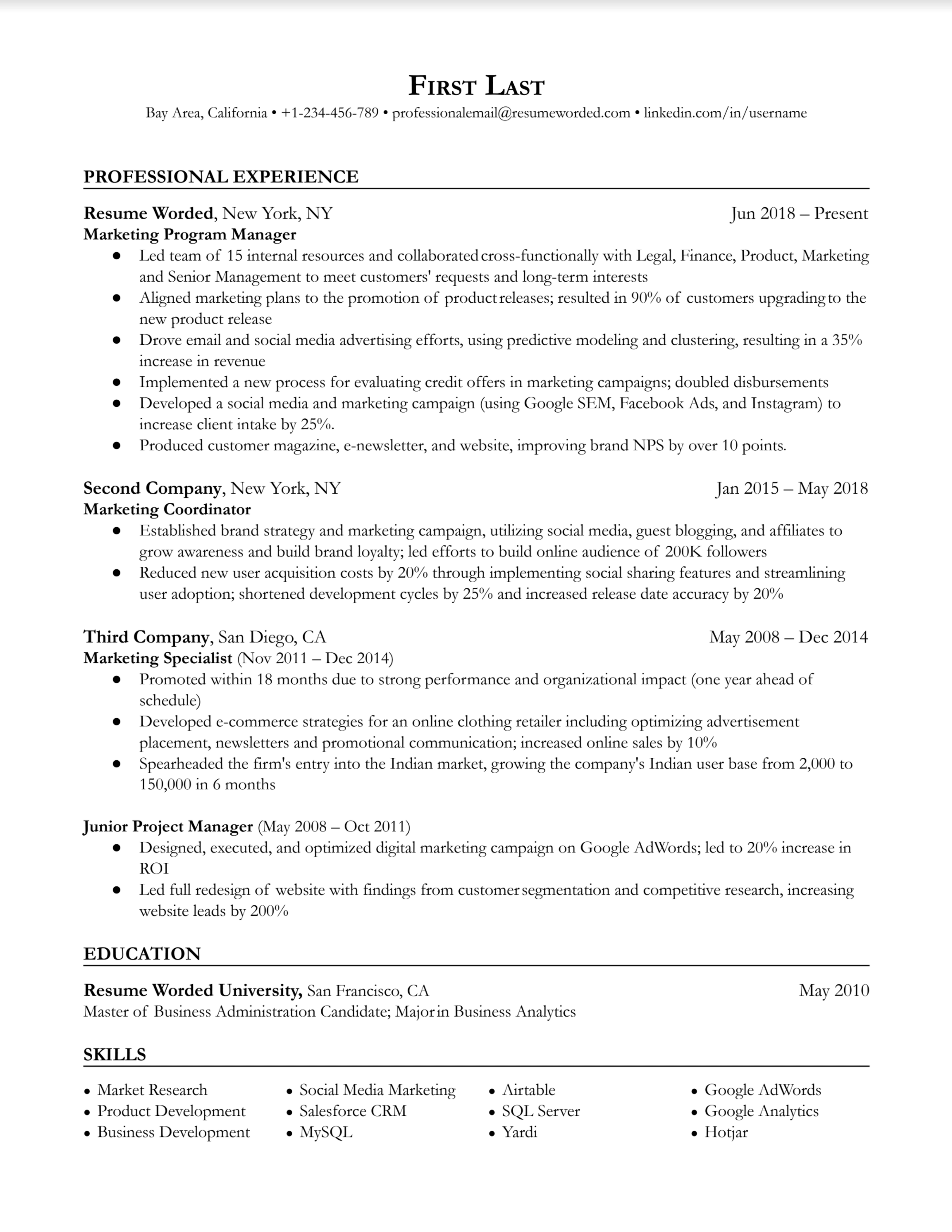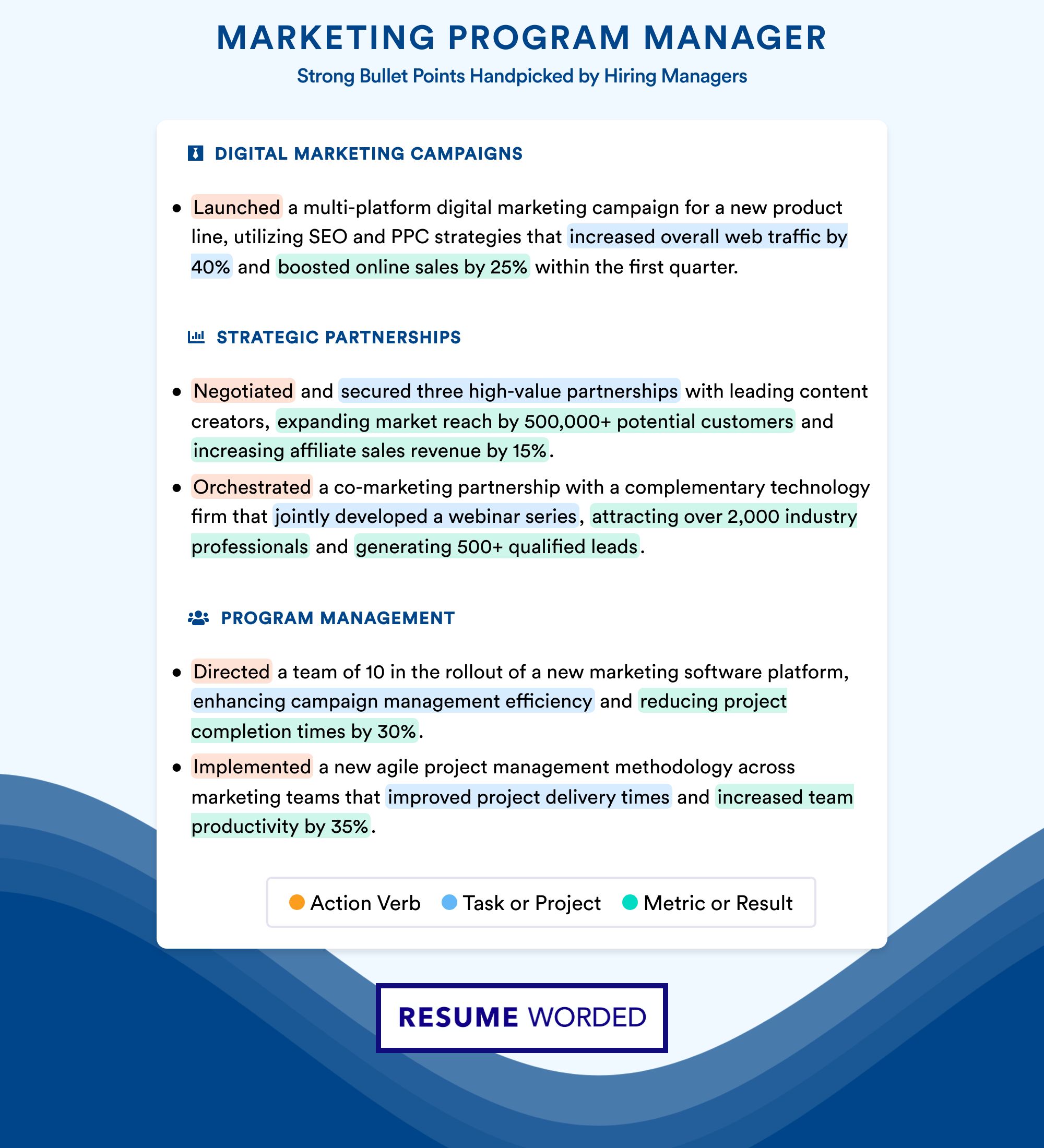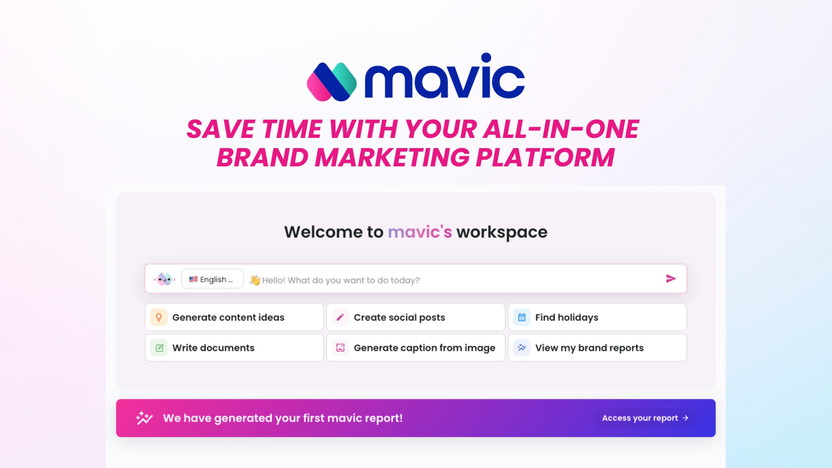Marketing Program Management orchestrates a brand’s diverse marketing efforts. It ensures all campaigns align with business goals.
Imagine a conductor leading an orchestra, each musician playing their part to create a harmonious symphony. In the world of marketing, this conductor is the Marketing Program Manager, and the musicians are the various marketing initiatives that must all work in concert to achieve success.
As businesses strive to make their mark in a crowded marketplace, the role of Marketing Program Management becomes increasingly vital. It’s the art and science of planning, executing, and overseeing marketing programs to maximize efficiency and impact. This management style goes beyond individual campaigns, focusing on a holistic strategy that binds various marketing activities together. From aligning teams and resources to tracking performance and adapting strategies, Marketing Program Management is the backbone that supports and propels a brand’s marketing vision. This introduction sets the stage for understanding how this management approach not only keeps marketing efforts on track but also drives a business forward in a cohesive, strategic manner.

Credit: coschedule.com
The Essence Of Marketing Program Management
Every successful marketing campaign thrives on solid management. This core ensures every part fits and works well. It’s like a puzzle. Without the right pieces, the big picture never comes to life. Enter marketing program management. It’s the backbone of all marketing efforts. It binds strategies, tools, and teams together. Let’s dive into what makes it tick.
Defining Marketing Program Management
Marketing program management steers the ship of marketing projects. It focuses on planning, executing, and tracking marketing campaigns. It’s about hitting goals on time and within budget. Think of it as the captain of the marketing team. It makes sure everyone knows their role and nails it.
Key Components And Goals
Several parts make up marketing program management. First comes strategy. This is the game plan. Next, we have tools and technology. They’re the gear that makes jobs easier. Then, there’s execution. This is getting things done. And don’t forget analysis. It’s about learning what works and what doesn’t.
The goals are clear. Boost sales. Grow the brand. Make customers happy. And save time and money while doing it. With these components and goals, marketing program management keeps brands on track. It turns ideas into action and action into results.

Credit: resumeworded.com
The Evolution Of Marketing Program Management
Marketing program management has transformed over time. Its journey reflects changes in technology and consumer behavior. Let’s explore the path from its traditional roots to its current digital focus.
From Traditional To Digital
Years ago, marketing meant print ads and billboards. Face-to-face sales were king. Then, the internet arrived. It shifted everything.
Digital tools took over. Marketers now reach out online. They use websites, social media, and email. This shift changed how brands connect with customers.
Impact Of Technology On Marketing Strategies
Technology reshaped marketing strategies. Data analytics and AI help understand customers better. Real-time insights guide campaigns now.
Automation tools make tasks easier. They save time. This allows marketers to be more strategic and targeted in their approach.
Core Elements Of Marketing Program Management
Understanding the core elements of marketing program management is key. These elements guide campaigns to success. Let’s dive into the main parts.
Strategic Planning And Execution
First, a solid plan. It’s the roadmap for all marketing efforts. This involves setting goals. What does the team want to achieve? Next, comes the strategy. How to reach these goals? The plan must be clear and doable. Then, action. The team starts to work on the plan. They adjust as needed. This keeps the marketing on track.
Budgeting And Resource Allocation
Money matters. How much can the team spend? This is budgeting. It’s deciding on the cash for each part of the plan. Resource allocation follows. It’s about using what you have wisely. This means people, time, and tools. The goal is to use these resources for the best results. Smart spending and smart use lead to success.

Credit: resumeworded.com
The Role Of Data In Marketing Program Management
Marketing program management is a complex field. It demands a data-centric approach to steer strategies and measure success. Data serves as the backbone, informing decisions and optimizing campaigns for better performance and ROI.
Data-Driven Decision Making
Data-driven Decision Making
Data shapes every marketing move. It tells us what works, what doesn’t, and why. With solid data, marketers can choose the right path and avoid costly missteps. They turn insights into actions, crafting campaigns that resonate with audiences and drive conversions.
- Understand customer behaviors: What do they like? What are they buying?
- Spot trends: Is there a new opportunity on the horizon?
- Refine targeting: Who is most likely to respond to our message?
Metrics and KPIs for Success
Metrics And Kpis For Success
Metrics and KPIs tell us if we’re on track to hit our goals. They are the scorecard for marketing success. By monitoring these numbers, teams can pivot quickly and keep the momentum going towards their objectives.
| KPI | Why It Matters |
|---|---|
| Conversion Rate | Measures effectiveness of campaigns |
| Customer Acquisition Cost | Gauges efficiency of marketing spend |
| Lifetime Value | Assesses long-term value of customers |
Regularly reviewing these metrics guides teams to optimize for better outcomes. It ensures every dollar spent is an investment in future growth.
Tools And Technologies For Effective Management
Marketing Program Management thrives on efficiency. With the right tools and technologies, teams can streamline workflows and boost productivity. This section delves into the software and tech that make effective management possible.
Software Solutions For Marketing Programs
Choosing the right software is key to successful marketing. Customer Relationship Management (CRM) platforms and Project Management tools top the list. They organize campaigns and track performance. Common features include:
- Task scheduling – keeps teams on deadline.
- Collaboration – for sharing documents and feedback.
- Analytics – to measure success and pivot as needed.
Popular software solutions include HubSpot, Asana, and Salesforce. Each offers unique features tailored to different marketing needs.
Integrating New Technologies Into Marketing Strategies
Adopting new tech keeps marketing fresh and competitive. This includes:
- Artificial Intelligence (AI) – predicts customer behavior.
- Machine Learning – refines targeting over time.
- Augmented Reality (AR) – creates immersive experiences.
Integration should be seamless. Start small with tools that complement your strategy. Measure their impact. Then, scale up. This ensures a smooth transition and maximizes ROI.
| Technology | Benefits | Application |
|---|---|---|
| AI Chatbots | 24/7 customer service | Website engagement |
| Data Analytics | Insightful reporting | Market research |
| Blockchain | Secure transactions | Loyalty programs |
Remember, technology is a means to an end. The goal is to enhance your marketing program, not complicate it. Smart integration leads to smarter marketing.
Challenges In Marketing Program Management
Marketing Program Management faces many challenges. Let’s explore some key ones.
Adapting To Market Changes
The market never stays the same. It changes fast. Marketing teams must keep up. This is hard. Why? Because what works today might not work tomorrow. Teams need to watch trends. They must also be ready to change plans quickly.
- Stay alert to new trends.
- Be ready to change strategies fast.
- Learn from what others do.
Managing Cross-functional Teams
Marketing projects often need different skills. This means working with many teams. It’s like trying to make music with different instruments. Each must play well. Together, they create a beautiful tune. But it’s not easy.
Communication is key. Without it, things go wrong. Teams might not understand each other. Deadlines could be missed. Here’s what can help:
- Have clear goals for everyone.
- Meet regularly to check progress.
- Use tools that help teams work together better.
Case Studies: Successful Marketing Program Management
Exploring how brands achieve success in marketing is enlightening. Case Studies: Successful Marketing Program Management shines a light on real-life strategies and outcomes. These narratives not only inspire but also serve as a roadmap for others aiming to replicate similar triumphs in the marketing realm.
Real-world Examples Of Effective Programs
Let’s delve into actual cases where companies excelled in marketing program management:
- Nike’s “Just Do It” campaign drove sports apparel innovation. It connected deeply with athletes and casual consumers alike.
- Coca-Cola’s “Share a Coke” campaign personalized the drinking experience, boosting sales and customer engagement.
- Dove’s “Real Beauty” sketches tapped into self-image conversations, enhancing brand loyalty and social impact.
Lessons Learned And Best Practices
From these campaigns, we extract valuable lessons:
- Understanding your audience is key. Nike, Coca-Cola, and Dove all knew their customers’ desires and pain points.
- Originality stands out. Each campaign broke molds, offering fresh, compelling narratives.
- Emotional connections forge stronger bonds. Brands that evoke feelings create lasting relationships with their audience.
By applying these best practices, businesses can craft successful marketing programs that resonate and endure.
Future Trends In Marketing Program Management
Marketing program management is evolving rapidly. New technologies and strategies shape how businesses connect with their audience. Staying ahead means understanding the future trends that will define the landscape.
Predicting The Next Big Thing In Marketing
Identifying upcoming trends is crucial. It allows companies to adapt and thrive. Data analytics and consumer behavior studies offer insights into what strategies might take center stage.
- Artificial Intelligence (AI): AI continues to refine customer targeting.
- Personalization: Bespoke experiences become the norm, not the exception.
- Privacy: Data protection regulations will shape marketing approaches.
Preparing For The Future Of Marketing Programs
Adaptation is key in managing marketing programs. Teams must stay agile and responsive to emerging technologies and platforms.
- Invest in skills development for new marketing tools.
- Build flexible strategies that can pivot with market changes.
- Embrace data-driven decision-making to stay competitive.
Frequently Asked Questions
What Is Marketing Program Management?
Marketing Program Management refers to the strategic planning, execution, and monitoring of marketing activities and programs. It ensures that marketing efforts are aligned with business objectives, optimized for performance, and executed within budget.
How Does Marketing Program Management Work?
It involves setting marketing goals, planning and executing campaigns, analyzing performance data, and adjusting strategies as needed. It ensures that all marketing initiatives are coordinated and contribute to the overall business goals.
What Are The Benefits Of Marketing Program Management?
The benefits include improved campaign coordination, better resource allocation, enhanced team collaboration, and data-driven decision-making. This leads to more effective marketing efforts and a higher return on investment.
Who Needs Marketing Program Management?
Businesses of all sizes that want to streamline their marketing processes and maximize the impact of their marketing investments will benefit from Marketing Program Management. This includes small startups to large enterprises.
Conclusion
Mastering marketing program management can truly boost your business’s success. It means planning well and understanding your audience. Good managers use tools and data to make smart choices. They also work well with teams, guiding them towards set goals. This process helps you share your product with the right people.
It can also save you time and money. Remember, clear goals and solid plans lead to great results. Keep learning and applying these tips to grow your business. Marketing program management is your ally in the journey towards reaching more customers.
Keep it simple, stay focused, and watch your efforts pay off.




